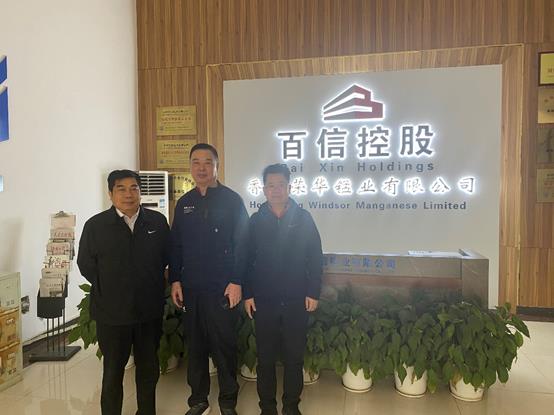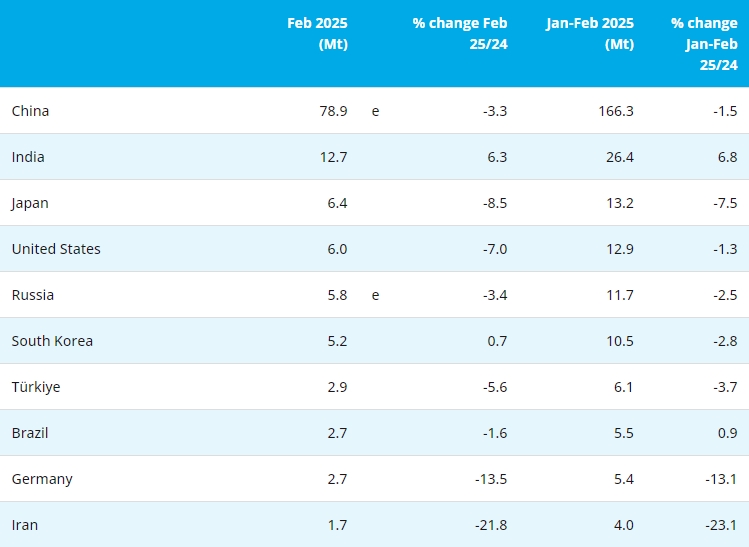[Ferro-Alloys.com] Chinese researchers have developed a system for the treatment of coking wastewater from large-scale industries with lower costs and higher efficiency.
Heating coal over high temperatures provides both heat and carbon (coke) required for iron production. During the process, recycled scrubber water, which is used as a coolant, contains large amounts of suspended solids and chemicals that are toxic to the environment and biological systems.
In China, more than 100 million tonnes of such wastewater is produced from the coking industries. On April 16, 2015, China issued its Action Plan for the Prevention and Control of Water Pollution to ensure water safety.
However, the conventional end-of-pipe treatment, which processes waste before discharging, ends up in higher costs and low efficiency, hindering the sustainable development of the industries.
Based on the idea of whole-process pollution control, researchers from the Institute of Process Engineering, Chinese Academy of Sciences, lowered the cost of coking wastewater treatment by 20 percent in their new system, and achieved stable and efficient removal of toxic and polluting particles.
So far, the system has been used in 41 water pollution control projects in large Chinese enterprises like Ansteel, Wuhan Iron and Steel Corporation and China Coal Energy.
According to the IPE researchers, the installed systems now can treat more than 55.2 million tonnes of coking wastewater every year.
Over the past three years, the systems have treated 152 million tonnes of coking wastewater, recycling 750,000 tonnes of tar and reducing emissions of 240,000 tonnes of carbon dioxide as well as 90,000 tonnes of ammonia nitrogen.
The researchers said the system enables the coking industries to meet the national standards for industrial wastewater discharges, achieving efficient pollution control with low-cost operation. (Xinhua)
- [Editor:kangmingfei]



 Save
Save Print
Print
 Daily News
Daily News Research
Research Magazine
Magazine Company Database
Company Database Customized Database
Customized Database Conferences
Conferences Advertisement
Advertisement Trade
Trade





 Online inquiry
Online inquiry Contact
Contact

Tell Us What You Think